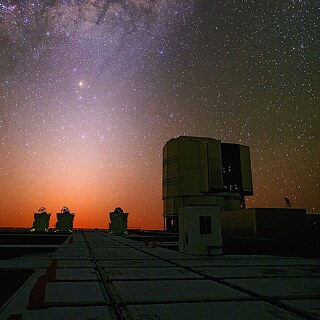UMI
Where do we come from? Where are we going? What makes us human? The Goethe-Institut’s new touring exhibition UNIVERSUM.MENSCH.INTELLIGENZ. (UMI), which was created in cooperation with the Max Planck Society, is dedicated to fundamental questions of humanity. The five themed areas of the exhibition – The Universe, Human History, Our Brain, Anthropocene and Artificial Intelligence – address these questions and link them together. At the same time the exhibition looks at the cutting edge of science.

The opening of the exhibition in Munich at the Goethe-Institut head office in June 2021
UMI presents cutting-edge research from Germany, presented in an appropriate format for young German learners as an interactive touring exhibition with five main themed areas:
The Universe | Human History | Our Brain | Anthropocene | AI.
With installations, interactive elements, pictures, graphics, animations, films and podcasts, UMI investigates the big questions which have fascinated us humans on the Earth for a long time and are still highly relevant to scientists today.

Universe
Infinite vastness
The cosmos fascinates people – and has done since time immemorial, all over the world. How big is it? How did it come into being? Is there life out there?

Human History
How it all began – The journey of Homo sapiens
The origin of humanity is in Africa. Homo erectus spread out from there into Europe and Asia more than 1.5 million years ago. Homo sapiens – also called modern humans – are descended from these ancestor, as well as their close relatives, the Neanderthal and Denisova hominins.

Our Brain
The world in our head
Breathing, speaking, walking, laughing, making decisions – everything starts in our head. Our brain determines awareness, actions, thoughts and feelings, and even our character. What happens when we sleep, feel, learn, forget?

Anthropocene
A world made by humans?
Humans change their environment. Today they are a determining factor for the whole of the earth system – from climate change to biodiversity. But is that enough for us to speak of a “geological era of humans”, the Anthropocene (from the Ancient Greek ánthropos, meaning man)?

Artificial intelligence
Science or fiction?
The expression “Artificial Intelligence” (AI) was first used in 1955 – in the context of a conference that introduced innovations such as early programs that could play chess. 40 years later the chess computer Deep Blue beat world champion Garry Kasparov. But what actually is AI? How does it develop?



